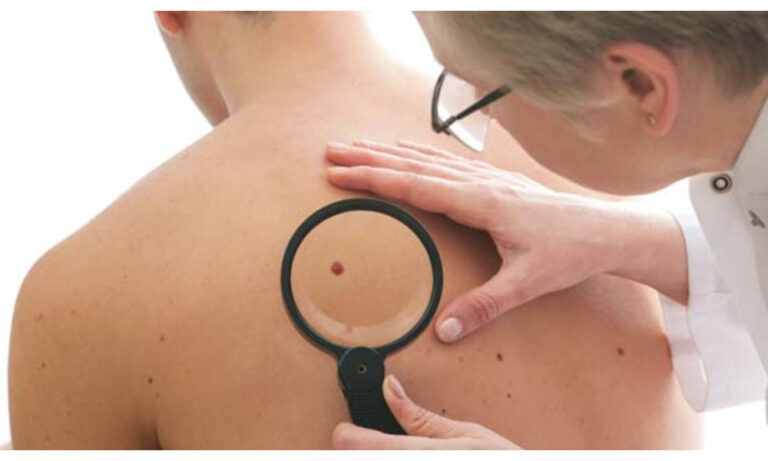
Temporomandibular joints, or TMJs, are hinge-like joints that link the jawbone to the skull and allow some movement. TMJ issues can manifest themselves in various ways, but severe jaw discomfort, ringing in the ears, and odd headaches are all telltale signs. Injuries to the jaw’s nerves, muscles, or joints are called temporomandibular disorders (TMDs). Having TMD leads to dysfunction in the jaw muscles, which regulate jaw movement, and is a common source of chronic facial pain. If you have any further questions or want to make an appointment with a Surrey denture clinic.
Factors That Increase Your Chances of Developing TMD and What Causes It
There is a lack of clarity regarding what triggers TMD. However, there is evidence that jaw, head, and neck muscular injuries can lead to TMD. Arthritis runs in families and can be inherited. Therefore, these factors should also be considered.
Causes and signs of TMD
A professional dental examination is required prior to the diagnosis of a TMJ condition. TMD could be misdiagnosed as a jaw injury or an unexplained headache. Before prescribing treatment for TMD, your dentist will likely take x-rays of your jaws and may suggest more advanced imaging techniques like CT and MRI.
Most people experience the following TMD symptoms:
- Tenseness or pain in the jaw or chewing muscles (these are the muscles you use to chew). It’s also possible that your neck or shoulders hurt.
- Clicking or popping sounds in the jaw during chewing.
- A significant shift in the position of the upper and lower teeth directly affects the bite.
- Tenseness or immobility of the jaw muscles.
- Trouble hearing or a constant ringing in the ears.
- Discomfort in the head regularly.
Alternative Treatments
In order to get the most out of your therapy for TMD, you should know a few things beforehand. For one, a popping or clicking sound from your TMJ is natural and need not be accompanied by discomfort. For a definitive diagnosis of TMJ issue, if you have any of the symptoms of TMD, you should see your dentist for an evaluation.
Nonsteroidal anti-inflammatory medications, physical therapy, and surgery are the standard treatments for TMD. Your doctor may prescribe these three therapies for Temporomandibular Disorder. Extreme cases, like TMD, which causes severe jaw pain, headaches, and discomfort, call for surgical intervention.
Reducing stress with meditation and resting the TMJ are also viable options. When pain is experienced when chewing, your doctor may suggest a change in diet and the application of ice packs.




